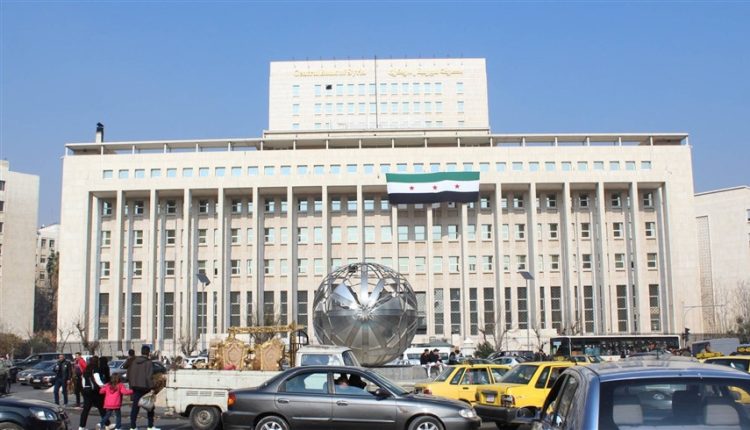DAMASCUS, Syria (North Press) – The ongoing international sanctions on Syria’s banking sector are significantly obstructing the normal flow of financial operations and investments, Abdul Razzaq Hassani, Associate Dean for Academic Affairs at the Faculty of Economics at Damascus University said on Tuesday.
In an interview with North Press, Hassani emphasized that the sanctions prevent the proper execution of routine international banking activities, including capital inflows for investments and trade financing.
“Such operations typically rely on the SWIFT international transfer system,” he explained, “and sanctions effectively block this access.”
Hassani warned that circumventing sanctions—similar to practices used under the former regime—could lead to increased transaction costs and the risk of additional international penalties.
“This presents a serious challenge for banking management and the government as a whole,” he added.
Hassani, who was once board member of the Damascus Securities Exchange, stressed the importance of continuing to advocate for lifting the sanctions to rebuild confidence in Syria’s financial institutions.
“The sanctions were imposed by Western governments and the U.S. under the claim of supporting the Syrian people,” Hassani said.
“However, the former regime exploited these measures, allowing a handful of businessmen to amass immense wealth while ordinary citizens suffered.”
According to Hassani, Syria’s banking system comprises public and private banks, along with four Islamic banks. He pointed out that, aside from sanctions, deep-rooted institutional issues have contributed to the sector’s decline—particularly within public banks.
“These institutions suffer from poor management, lack of expertise, and an entrenched bureaucratic mindset that prioritizes administrative control over economic efficiency,” he noted.
Hassani also highlighted the technological stagnation afflicting the sector. “Banking is a highly technical field—what we call the art of banking—but this art is undermined by severely underpaid staff and outdated software systems,” he said.
Efforts to modernize are hindered by the limited capital of most banks. While Islamic banks benefit from relatively larger capital reserves, other institutions lack the financial capacity to invest in large-scale development projects or offer substantial loans. “This remains a major obstacle to economic growth,” Hassani concluded.

